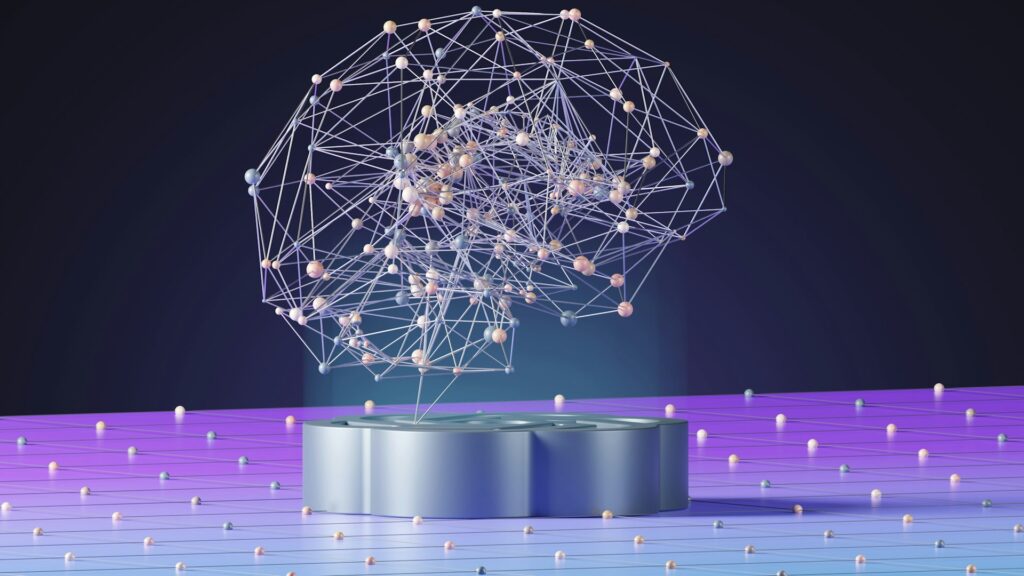
With artificial intelligence rapidly transforming industries and redefining the nature of work, American educators, policymakers, and technology leaders are rallying to integrate AI education into K–12 and higher education systems. This national push aims to ensure that the next generation is not only AI-literate but equipped to lead in an increasingly automated and data-driven world.
A National Imperative
The White House, in coordination with the U.S. Department of Education, recently launched several initiatives promoting AI literacy among students. These programs emphasize early exposure to AI concepts, coding, ethical considerations, and practical applications in fields such as robotics, healthcare, and environmental science.
Experts argue that a foundational understanding of AI is as essential today as literacy in reading and math was a century ago. According to a recent report by the National Science Foundation, embedding AI into school curricula is critical for maintaining national competitiveness in science and technology.
Curriculum Innovation and Access
Several school districts across the country have already adopted AI-focused curricula. Organizations like AI4ALL, MIT Media Lab, and Code.org are partnering with schools to offer accessible, equity-focused AI education. Courses are designed to demystify concepts like machine learning, neural networks, and natural language processing while encouraging ethical and inclusive innovation.
Meanwhile, universities such as Stanford, Carnegie Mellon, and Georgia Tech are extending AI outreach programs to high school students, offering online courses, summer camps, and dual-enrollment opportunities.
Bridging the Equity Gap
One of the most pressing challenges is ensuring equitable access to AI education. Rural schools and underfunded districts often lack the resources, trained teachers, and infrastructure to implement tech-driven programs.
To address this, federal funding under the CHIPS and Science Act is being allocated to develop teacher training initiatives and provide educational technology grants. Public-private partnerships are also emerging, with companies like Google, Microsoft, and NVIDIA offering free AI toolkits, learning modules, and mentorship programs.
Fostering Ethical AI Awareness
Beyond technical skills, there’s a growing emphasis on AI ethics. Students are encouraged to question how AI impacts privacy, employment, and social justice. Curriculum modules on algorithmic bias, responsible design, and the societal implications of AI are becoming standard in forward-thinking programs.
“Educating students about AI is not just about creating future engineers. It’s about creating informed citizens who understand how AI shapes their world,” said Dr. Maria Perez, Director of the Center for Ethical Technology in Education.
Looking Ahead
The movement to advance AI education for American youth is still in its early stages, but momentum is growing. National standards, educator certification programs, and a push for cross-disciplinary AI learning—from art and language to science and math—are all part of a broader vision to prepare a future-ready workforce.
As AI continues to reshape the global landscape, empowering American youth with the knowledge and tools to navigate and shape that future is not just wise policy—it is a national priority.
